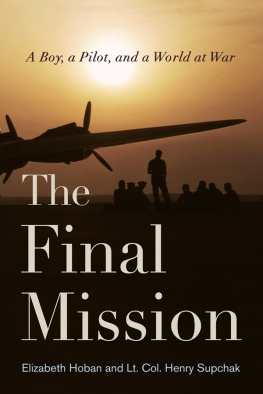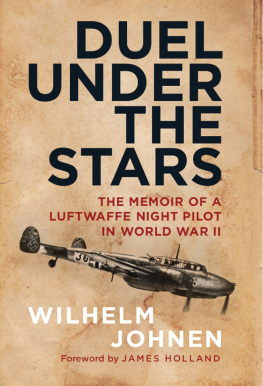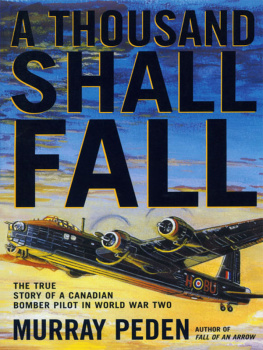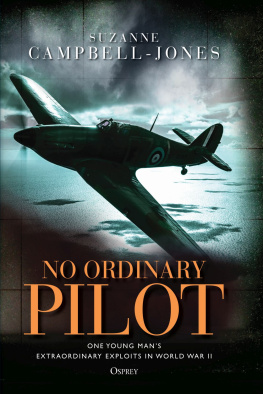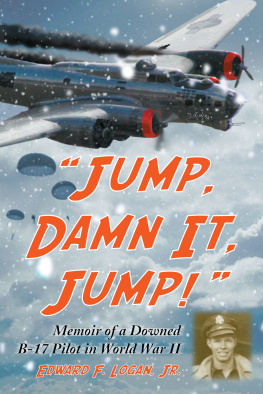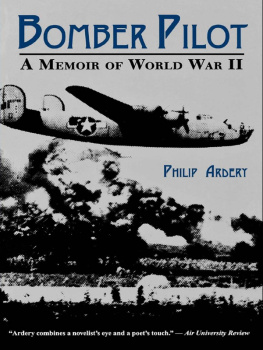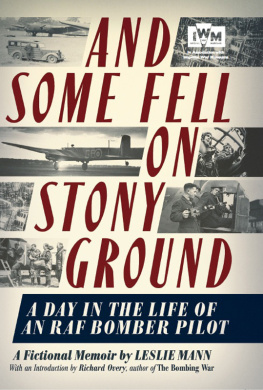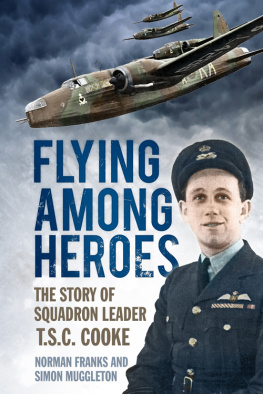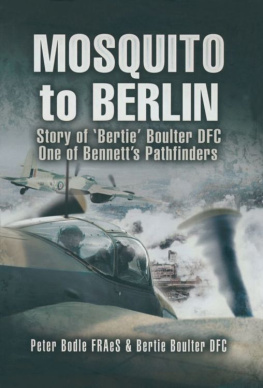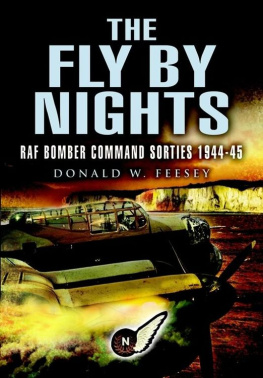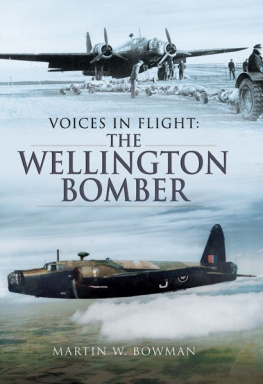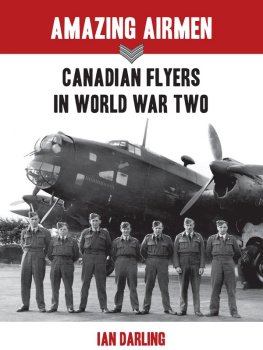ACKNOWLEDGMENTS
An enormous amount of credit must go to Dr. Jakob Mayer, a brilliant historian turned friend. Ander Haas and his family are difficult to thank because mere words cannot express how life changing this whole experience has been for our family. The Austrian people were so warm and welcoming, and the hospitality of the Haas family went above and beyond. Ander, you have given Lt. Col. Henry Supchak a legacy that has now come full circle, and for that we will be forever grateful.
I would like to thank Westholme Publishing, including copyeditor Laura Pfost, for her patience and expertise in World War II history; Trudi Gershenov for her beautiful cover design; and our publisher, Bruce H. Franklin, for his attention, sincere enthusiasm, and passion for this story.
I am so fortunate to be a part of the County College of Morris community, where personal and professional growth is always encouraged, and where the bar of excellence is constantly raised. I want to express special thanks to Diane Davis, an amazing woman who has been like a sister to me.
Thanks to the entire Kennedy clannamely, Jim Allen for his original song, Priority Gal, and to Candace Roberts Ruddy, my very best friend, for her constant encouragement.
Jay, Ryan, and Matt: thanks to the three of you for being the most phenomenal sons a mom could have, and for your understanding and support throughout this process. To Chase, the first person to ever read one of my manuscripts from beginning to end, I miss you and love you like my own.
Last but not least, I thank my mom, Gene Elizabeth Supchak, for always making me first read the book before allowing me to see the movie; for letting me stay up as late as I wanted, even on school nights, as long as I was reading; and for teaching me what unconditional love means.
I dont need to formally thank my dad, Lt. Col. Henry Supchak, because we are so blessed to be able to show appreciation for each other every day. I know he loves me and believes in me. I will always recall with fondness and humility the day dad and I returned from our trip to Austria and I offhandedly commented that this whole experience would make a great book, and he turned to me and said, Well then, write it.
War is that mad game the world so loves to play.
Jonathan Swift
Authors Note
This book is based on interviews with my father and the more than one thousand handwritten pages composed by him over the past thirty years in his attempt to understand his posttraumatic stress disorder. Once we learned of the Austrian man who recalled my father during World War II and independently sought to find him, I was able to interview him in that country with the assistance of Jakob Mayer so that his history could be placed in the context of the events in my fathers life. Statistical information comes from official American records, while additional information about the German Stalag Luft III and Stalag VIIA prison camps comes from The Longest Mission, a privately printed commemorative book published by The Association of Former Prisoners of Stalag Luft III.
ONE
Bassingbourn, England
July 31, 1944, 0500 hours
D AYLIGHT MADE AN EARLY DEBUT, SUGGESTING clear flying conditions, but I knew the weather could change before I downed my second cup of coffee. After several months in England, I got used to stretches of time when the sun was something of an enigma. The mess hall was crowded with flight crews and typically quiet at five in the morning when I placed my breakfast order.
Morning, Sergeant Lang. Three eggs over medium, toast well done, coffee straight up. I saluted the chef and swallowed down an orange juice before the glass even hit my tray. Then I reached for a second while I stood in the mess line and waited for my chow.
Three eggs this morning, really, sir? Sergeant Lang was a good guy and an excellent chef with a Texas twang in his voice. You not eat yesterday, or wha?
Im a growing boy, Chief. I tried to recall the previous days menu when a deep voice came up behind me, tray in hand, and cutting in line as usual.
Missed you at the club last night, Lieutenant.
I rolled my eyes, turned and smiled in spite of myself. Youre up early this morning, Kruz, what gives? I turned back and took the plate from the cooks outstretched hand and nodded a thank you.
Sergeant Lang offered up a good luck by way of salute, and I smiled. There were so many men and women who served the Allied forces by keeping the troops supplied, fed, and ready, and deserved to be recognized for their vital roles. This cowboy was one of them.
Remind me never to offer to buy you breakfast when we get back to the states, Krusan chuckled when he saw my full plate. He turned to the chef. Black coffee and a buttered English muffin, pal.
So now Im your pal. Wasnt it just last night you sold me down the river for a pair of threes? While the two of them feigned bickering, Krusan waited for his muffin, and I made my way to a seat.
Lieutenant Bob Krusan, Kruz for short, had the well-deserved reputation for being one of the sharpest navigators in the European theater. Wed been friends back in the states from the time we were assigned together and had flown more than thirty missions in and out of Germany. I trusted and loved the man. As a pilot, I figured who better to get along with than my navigator?
Damnedest thing, me having one more mission than you, Krusan lamented while he stirred sugar in his coffee. They credited me for that training detachment I did when we first got here, but I have to say, Im relieved to be sitting this one out. I nearly lost my shirt last night in that poker game and was relegated to rotgut whiskey. Got a headache the size of Montana. He was great at the airman bravado, but I knew better. He didnt have to get up at all that day. Krusan came to breakfast to wish me luck, as I would have done for him had the situation been reversed.
He took a swig of coffee and winced, a common reaction from the bitter burn of the government-issued beverage, then glanced down at my nearly empty plate. Not one to mince words, he blew out a long whistle. Jeez, Lieutenant, you have a tape worm?
Just hungry, I guess. I changed the subject to the previous day. Colonel Terry told me yesterday after our Ops meeting he was planning a final mission for us this Thursday so we can finish together. He says theres a transport flight leaving Heathrow at 0400 hours on Sunday, destination New York, and he wants us both on that flight. Says he cant wait to get rid of us, weve been nothing but a pain in the butt. I chuckled at the memory of my conversation with the commanding officer of the 91st Bomb Group, Colonel Henry W. Terry, a man I respected immensely. He always kept his eye on the prize, getting his crews back from their missions in one piece. I can tell you this much: Im ready to return to my old life, whatevers left of it anyway, no offense to England.
I wasnt sure what awaited me when I got back home, home being Nanticoke, Pennsylvania. None of us really knew how we would be welcomed home, but we all fantasized about our personal ticker-tape parade, the key to the city, and an endless stream of pride. As my time to return stateside drew closer, I realized pomp and circumstance was for winning baseball teams and movie stars, and it would be business as usual within a couple of days back home. That was fine by me; the humdrum mediocrity of my moms Sunday dinners and changing the oil in my dads Ford was just the tedium I needed at that point. I missed the commonality of my own family and friends.
I had to admit, the English treated the American servicemen like family, always bending over backward to show appreciation for our participation in the war effort. Even amid a world war, hospitality and virtue never escaped them. We had given the British ample reason to despise us; we drank their booze, stole their women, and were, generally speaking, an obnoxious bunch. They tolerated our presence, but were also anxious to get back to life as they knew it before American servicemen invaded their country.

